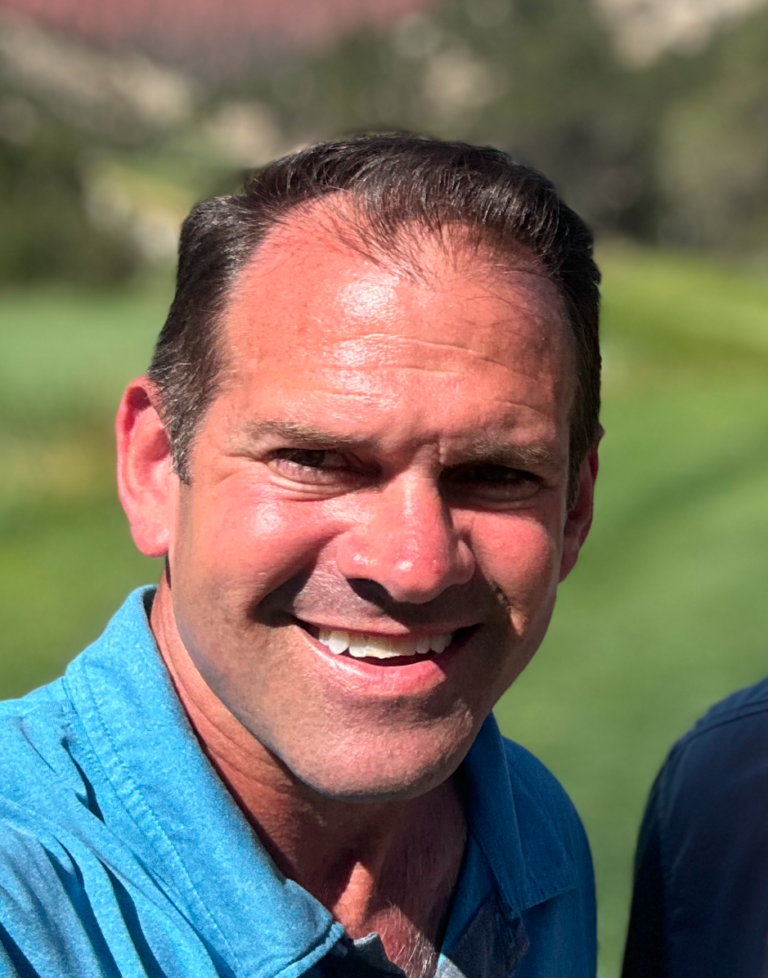The Future of Personalized Cardiac Care: Insights from Dr. Ian Weisberg
The Future of Personalized Cardiac Care: Insights from Dr. Ian Weisberg
Blog Article
Cardiology is on the brink of a scientific and medical revolution, with developments collection to convert heart problems avoidance, examination, and treatment. Dr Ian Weisberg, a number one specialist in cardiac electrophysiology, anticipates many innovative inventions that may redefine exactly how we strategy center health.

1. AI-Powered Diagnostics and Predictive Medication
Artificial Intelligence (AI) is creating dunes in cardiology, but Dr. Weisberg believes their role may grow significantly. AI-driven ECG analysis, device learning formulas, and predictive models allows health practitioners to identify heart problems dangers before signs appear. That shift toward preventive cardiology will reduce crisis interventions and improve individual outcomes.
Additionally, AI-assisted imaging may improve early detection of coronary artery infection, ensuring that individuals get treatment before a heart attack occurs.
2. Personalized Medication for Center Individuals
Every heart is unique, and Dr. Weisberg envisions a future where cardiology treatments are customized to each patient's genetic profile. With developments in genomics and biomarker examination, doctors will have the ability to prescribe very individualized medicines, diet plans, and therapy plans that perform most useful for an individual's aerobic health.
As an example, gene therapy is showing promise in treating inherited heart conditions, potentially preventing genetic problems that cause heart disease.
3. Minimally Invasive Techniques May End up being the Norm
Old-fashioned open-heart procedures are gradually being changed by minimally intrusive techniques. Dr. Weisberg foresees catheter-based techniques, robotic-assisted surgeries, and next-generation stents becoming better, faster, and more precise.
One important improvement is bioresorbable stents, which melt normally after healing the artery, eliminating long-term risks connected with steel implants.
4. Distant Tracking and Clever Wearables
Smartwatches and AI-powered wellness trackers are getting essential resources for tracking heart wellness in actual time. Dr. Weisberg highlights the rising use of implantable products that can continually monitor arrhythmias, body stress, and oxygen levels, sending signals directly to doctors when irregularities occur.
That technology allows people for treatment without repeated clinic trips, making cardiology more available and efficient.
5. Regenerative Medicine and Stem Mobile Therapy

Dr. Weisberg anticipates that base mobile therapy and structure executive can enjoy an essential position in heart disease recovery. Scientists are exploring ways to recover damaged heart tissue, probably preventing the results of center disappointment and myocardial infarctions (heart attacks).
With ongoing study, individuals might soon benefit from cell-based treatments that recover heart purpose rather than just handling symptoms.
Conclusion: A New Age for Cardiac Attention
Dr Ian Weisberg's predictions color the next wherever cardiovascular disease is noticed early in the day, handled more successfully, and even reversed applying advanced medical technologies. With inventions in AI, personalized medication, minimally unpleasant techniques, rural monitoring, and regenerative therapies, the continuing future of cardiology is brighter than ever.
Report this page